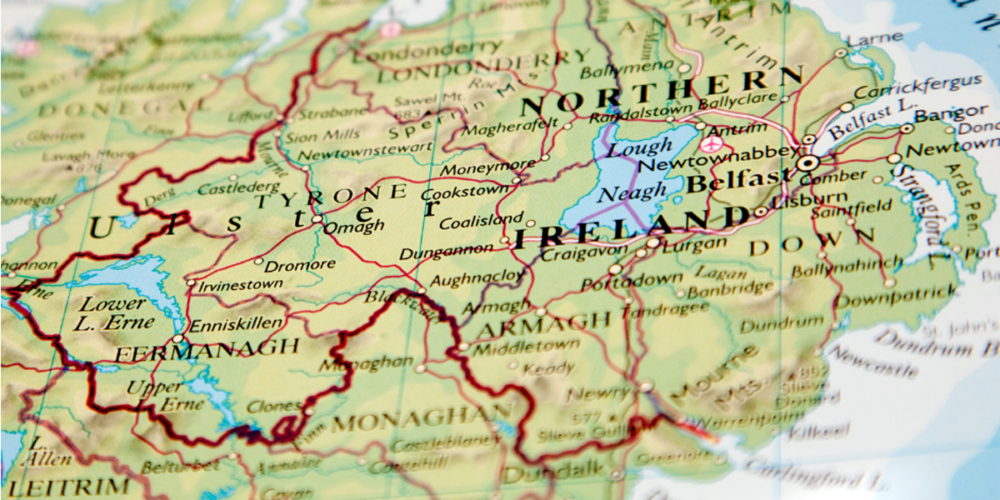A recent article in December 2023 Socialist Voice (“Sovereignty and Reunification”) muses on the benefits of a united Ireland, offering many insights. One argument advanced is that a single island-wide political structure would offer benefits from unified infrastructures, eliminating “duplication” in health and education, for example. This argument raises problems. First, in real economic terms, there is no duplication. Duplication implies a single set of resources spreading its efforts across the same activities more than once. However, on the island of Ireland, resources emanate from different self-contained sources at no cost to the other. Other than the self-contained problem of opportunity costs within each jurisdiction, it does not cost the British government to fund education in the North that the Irish government is also funding education in the South and vice versa. There is no duplication because each self-contained economic jurisdiction generates and spends its own resources on these matters. There may well be an economic case for unification, but this is not it. Indeed, the argument for duplication is not very inviting in other ways: if you imply there is duplication, you imply streamlining public services in a united Ireland which invariably means shedding excess capacity and redundancy in the pursuit of economies of scale.
A second argument offered in the article is around democracy. There are very good reasons why one could maintain that breaking the connection with Westminster benefits the people of the North in terms of democracy – at least if we understand democracy as giving people a say over issues that affect them. In a united Ireland, the Northern population would be a much more serious political force in a way they are not under the Westminster system. That offers a strong case for selling unification to the Northern population. Indeed, one might conjecture – with horror – that the political outlook of a united Ireland would probably result in Fine Gael and Liberal Unionists in some perma-majority coalition government!
On the other hand, as the author of Sovereignty and Reunification notes, unification within the current conjuncture of Southern Ireland constrains implications for democracy, given the structure of economic and political power in the Republic. Indeed, we could take this further: if the CPI’s thesis of a triple lock is true, the Northern population jumps from one lock (Britain) into two (EU/US – insofar as the latter is more strongly entrenched in the Southern economy). Out of the frying pan, into the fire. However, this overstates the significance of external powers. While this author can recall Kevin McCorry of the People’s Movement once arguing that partitionists and anti-partitionists are really arguing over negligible slices of the decision-making pie in Ireland, there are sufficient grounds for thinking that the Irish electorate – and the Irish political class – have meaningful capacities to influence important aspects of national decision-making even within the present constraints of the “locks” and the bourgeois state form.
In sum, it seems reasonable to suggest that the Left can make some good arguments around democracy in favouring a united Ireland. However, the economic arguments currently are not compelling and frequently based on blue-sky conjecture. Some on the hard edge of the movement might argue that this does not matter: why should anti-partitionists try to make economically viable the process of reunification with an uneconomically viable artificial statelet in the first instance? They are likely to argue, one imagines, that this is simply accepting the terms of the debate set in motion by imperialism and confining oneself to working within those parameters. Yet this is an argument befitting the purist idealist, not the Marxist materialist. It generates no influence for the movement and confines it to the ghetto at precisely the time the rest of our society confronts real issues with real implications for our people. As Connolly once said, Ireland without her people means nothing. If unification is to be a serious part of the programme of the Left it must be rooted in meeting the real needs of working people North and South and that means engaging with the complex economics of prospective unification, not escaping into quasi-Hegelian flights of fancy.






